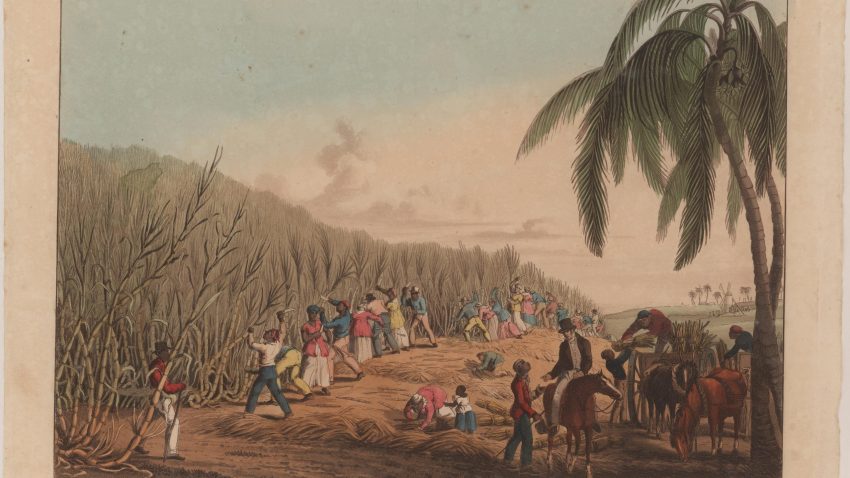
Harewood, Slavery and the Caribbean
15 January 2025
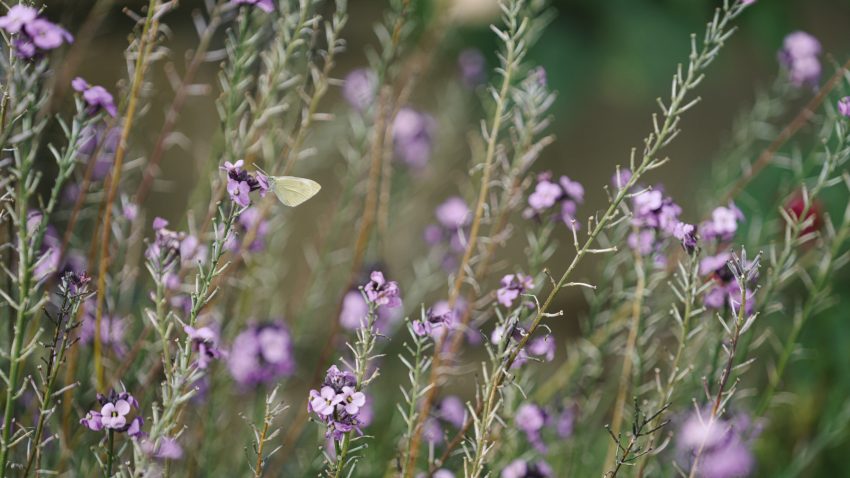
International Women’s Day: Celebrating Career Growth
6 March 2025

Celebrating Thomas Girtin’s 250th Birthday
18 February 2025

Harewood Reimagined: Sharing Stories, Inspiring Change
4 February 2025

Harewood on Film: Downton Abbey
28 January 2025
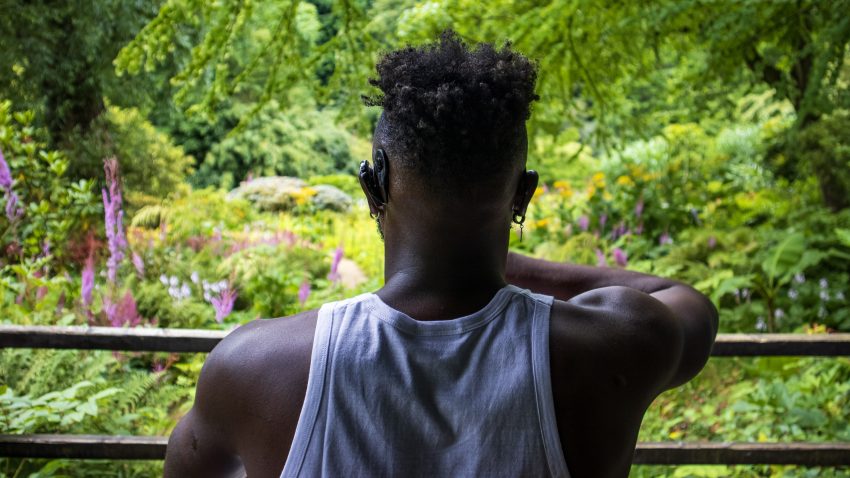
Anthos, Surface Area Dance Theatre
24 January 2025

Meet the team: Malcolm
20 January 2025

Voices of Leeds
20 January 2025

Missing Portraits with St Matthew’s Church of England Primary School
7 January 2025
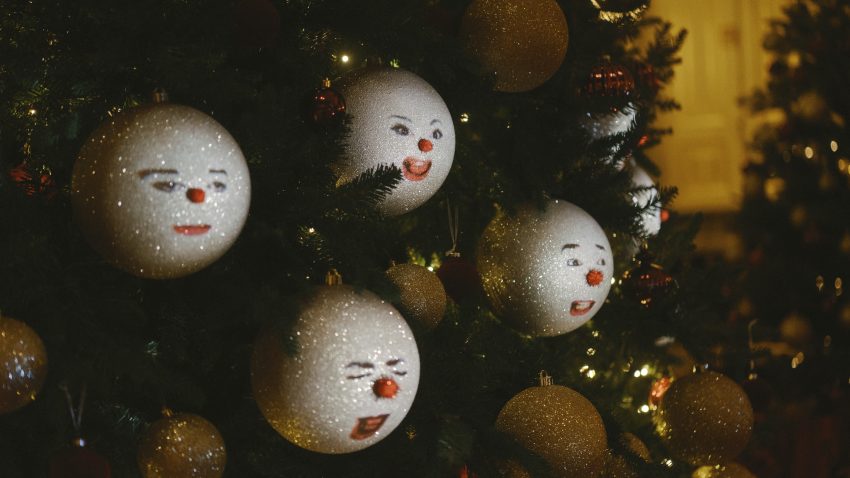
Mischief at the Mansion
5 January 2025

Spreading kindness this festive season
24 December 2024

Mischief in the Making: Interview with Scriptwriter Christina Lewis
27 November 2024
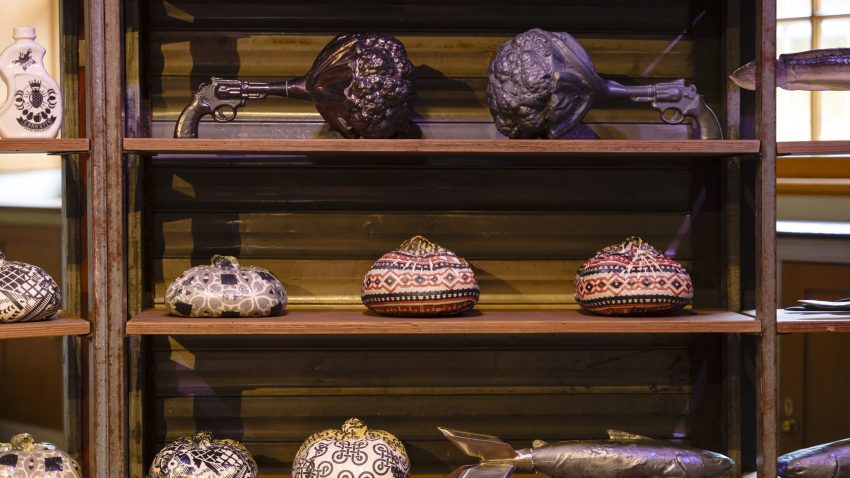
Harewood Biennial 2024: Create/Elevate
20 October 2024
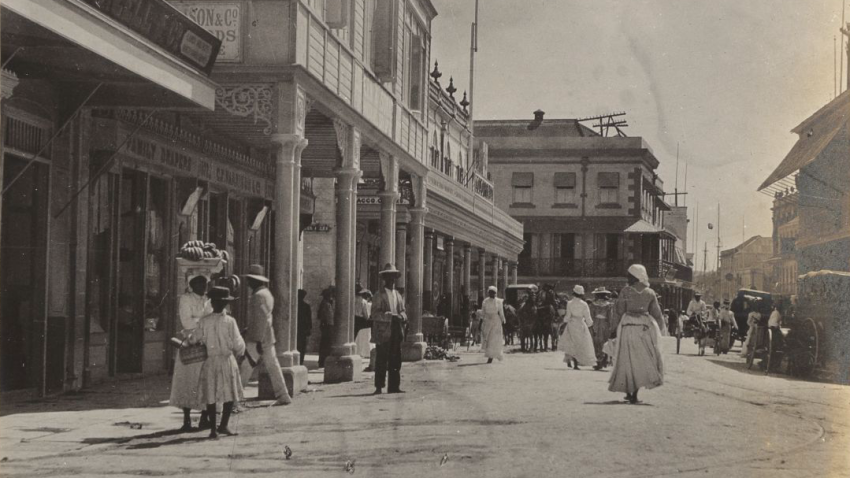
Tour of the Caribbean
20 October 2024

NFU Mutual support new safari experience
21 June 2024
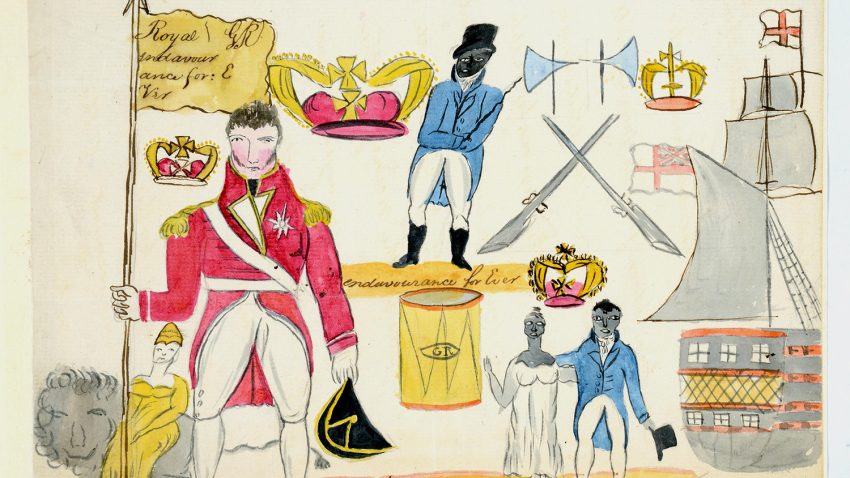
Harewood and the Barbadian Revolt of 1816
14 April 2024
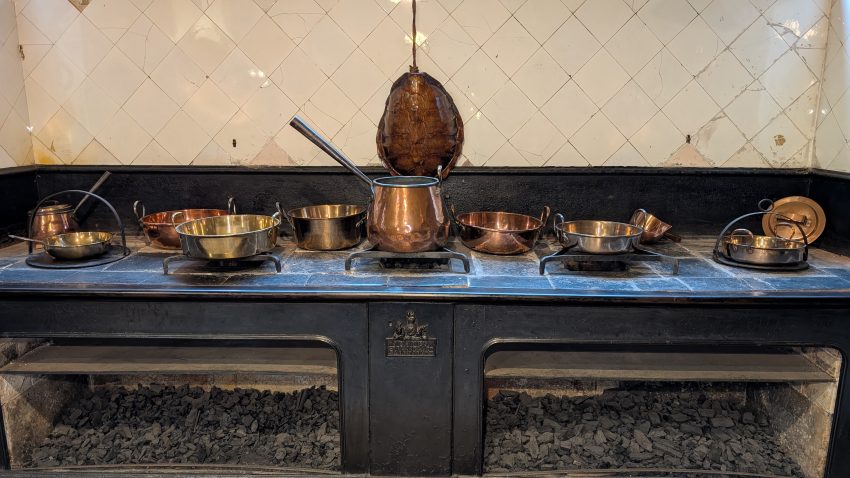
The Gift of a Green Turtle
11 April 2024

Sharing Stories from Harewood’s Libraries
7 March 2024

David Harewood: What’s in a Name?
4 March 2024
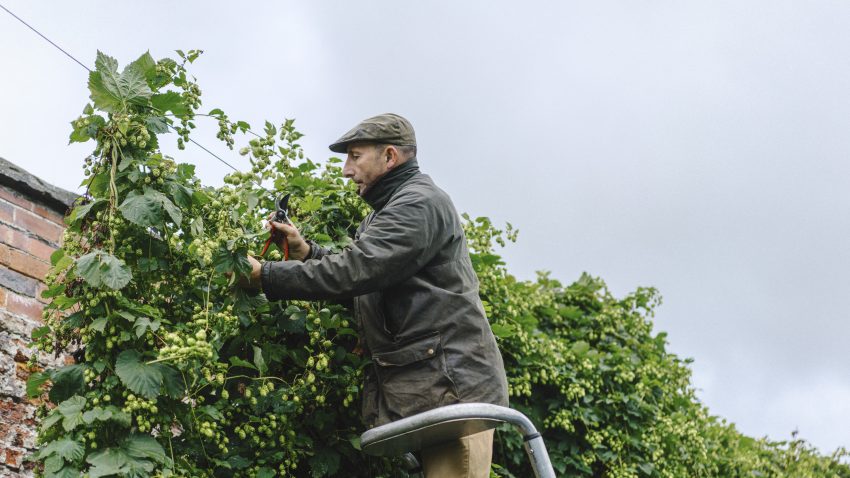
Early Autumn in Harewood’s Gardens
3 October 2023
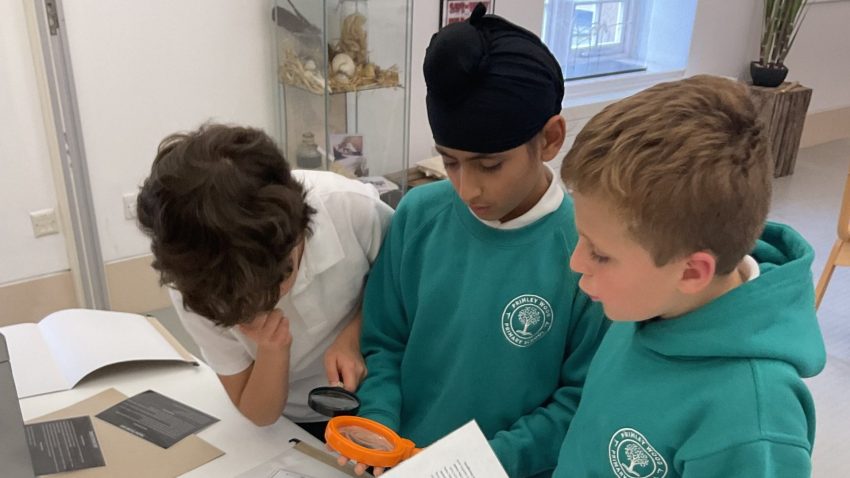
Heritage Education Trust’s Sandford Award
20 September 2023

Meet the team: Ella
2 June 2023
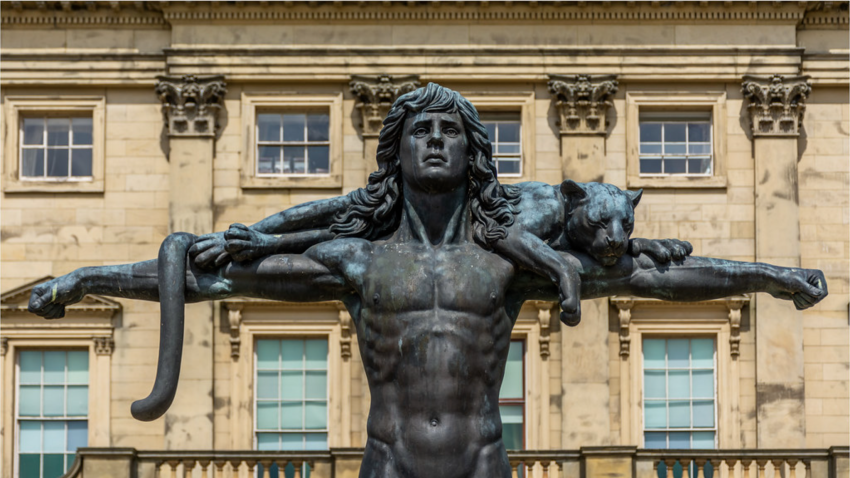
Object in Focus: Orpheus, Harewood’s Iconic Landmark
19 May 2023

Heirs of Slavery
24 April 2023

Arthur France: Son of a Small Island
27 February 2023
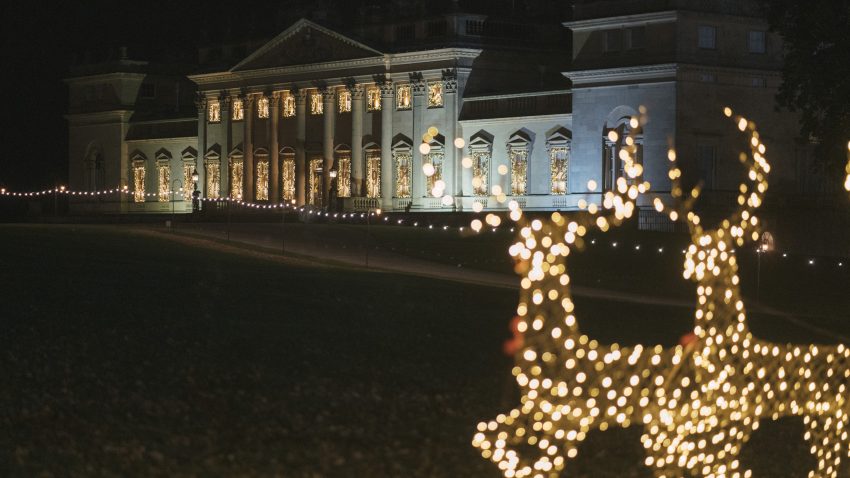
Season of tradition with a twist: Christmas at Harewood
8 January 2023
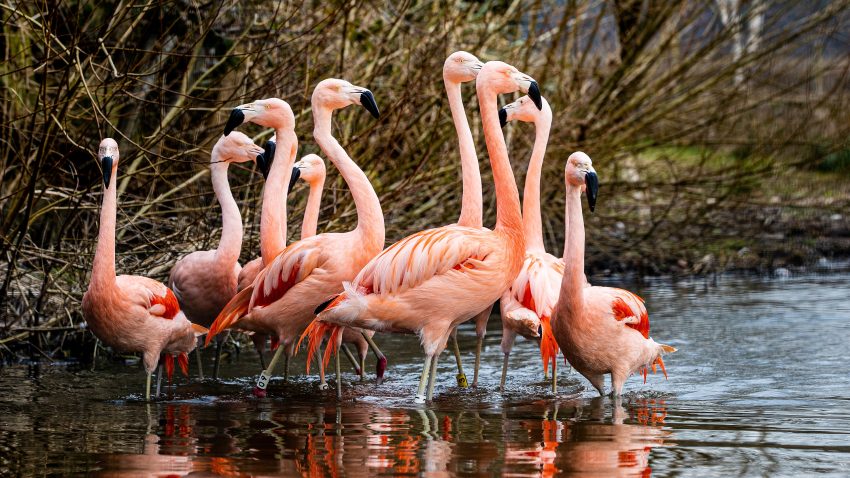
Bird Garden and Farm Experience Closure
1 January 2023

Gingerbread Harewood House
9 December 2022
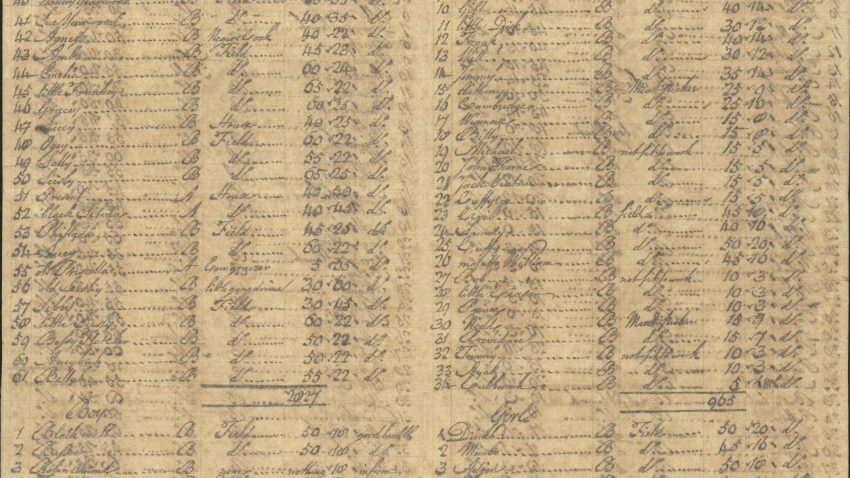
Recovering Identity in Harewood’s West Indian Archive
11 August 2022

The Royal Avenue
1 June 2022

Framing the Renaissance
13 May 2022
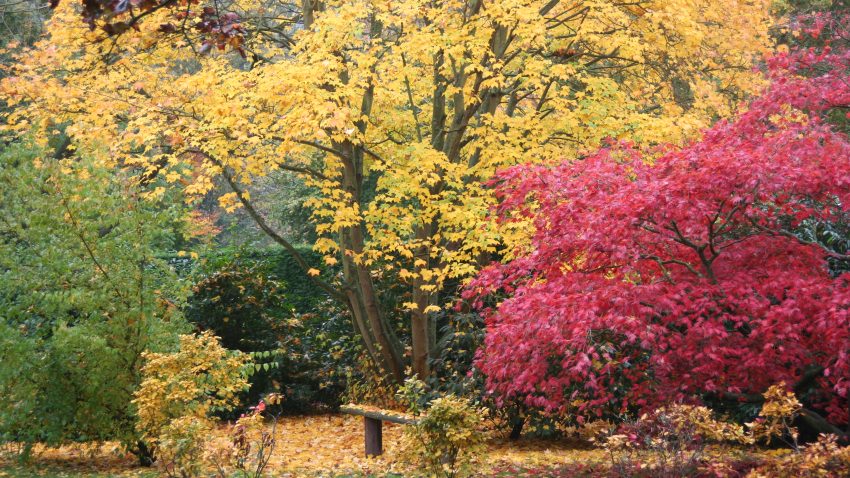
Horticulture and its role in tackling climate change
9 November 2021
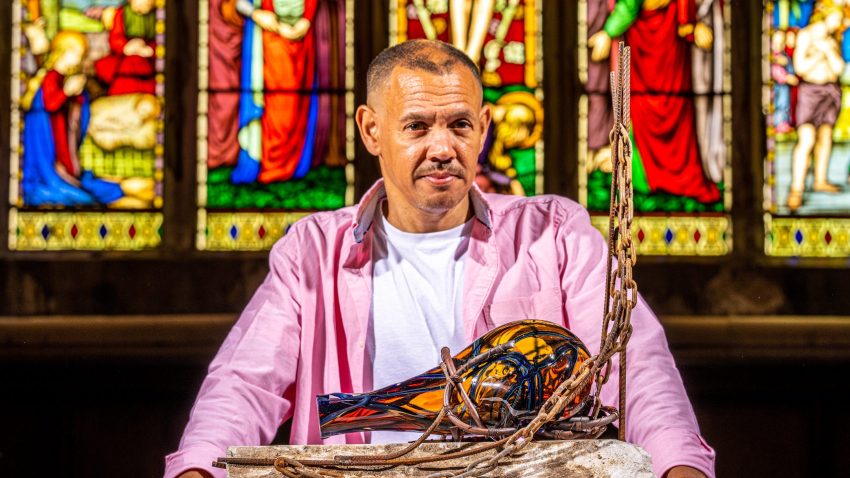
Craft Spotlight: Chris Day
31 October 2021
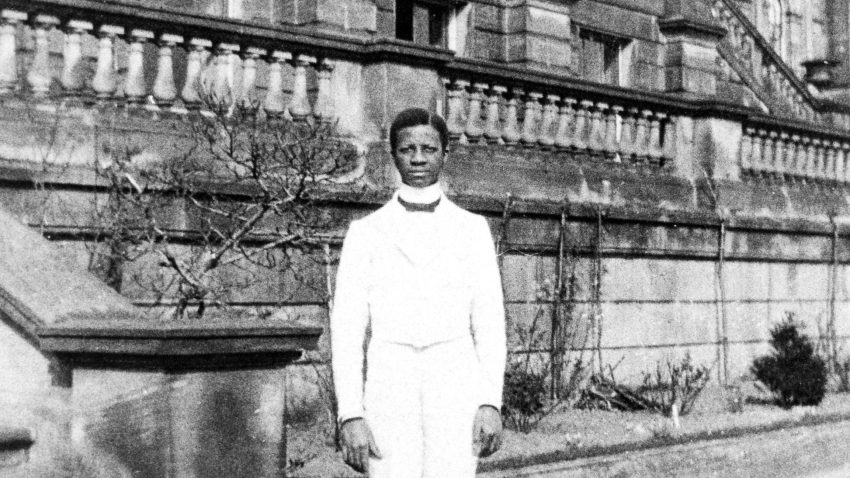
Bertie Robinson: The Footman from St Vincent
25 October 2021

Anthony Burrill on his latest installation Together We Are
30 July 2021
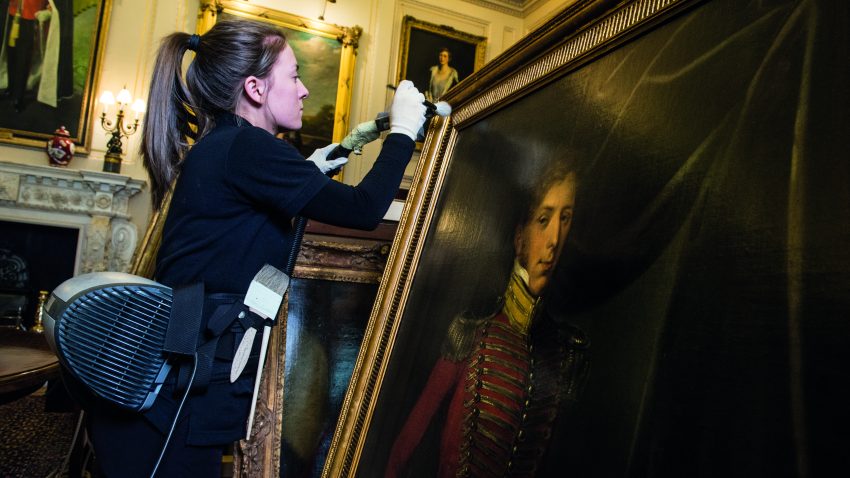
Monitoring Dust on the State Floor
11 June 2021
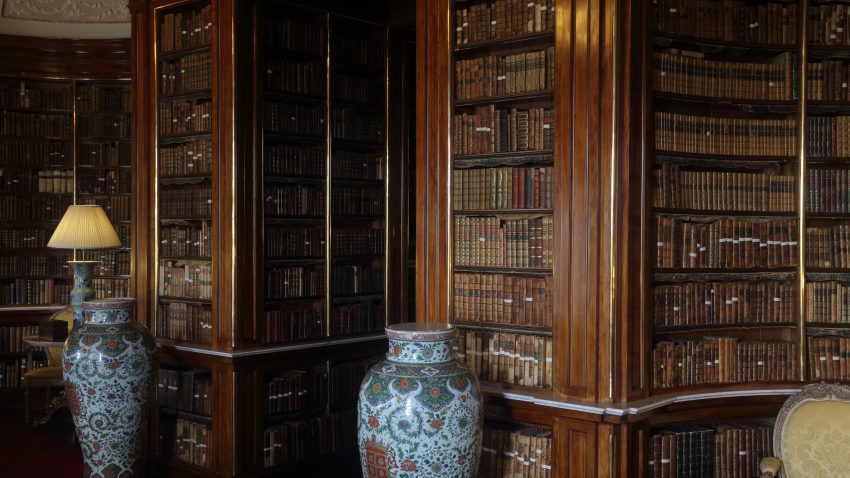
Bound to Protect: Guardians of Harewood’s Libraries
3 June 2021
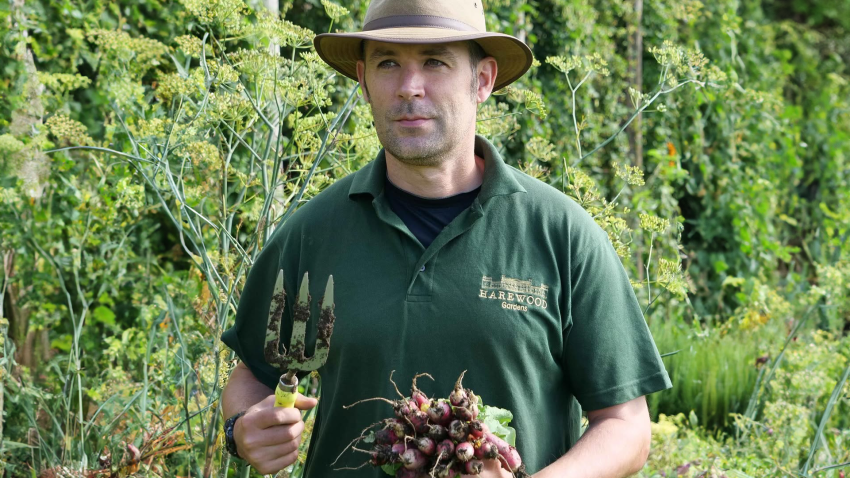
Meet the team: Sam
13 May 2021
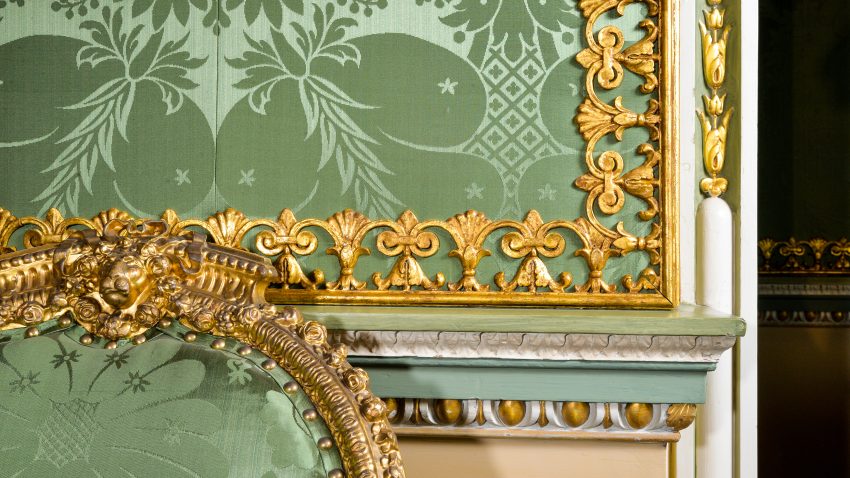
Cleaning the Chippendale Chairs
23 December 2020

Sustainability in Harewood’s Gardens
20 November 2020

Object in Focus: Harewood’s Dining Room Chairs
28 October 2020
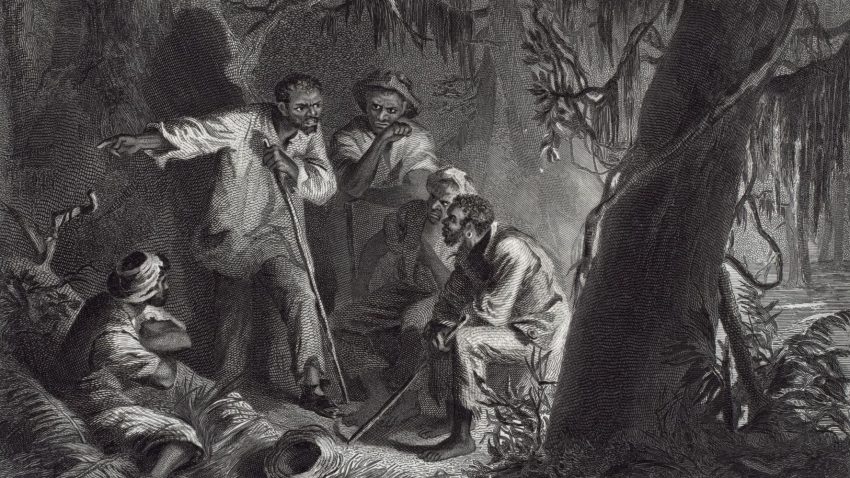
Power. Whiteness. Resistance.
24 August 2020

Volunteer on a mission for equality
3 July 2020
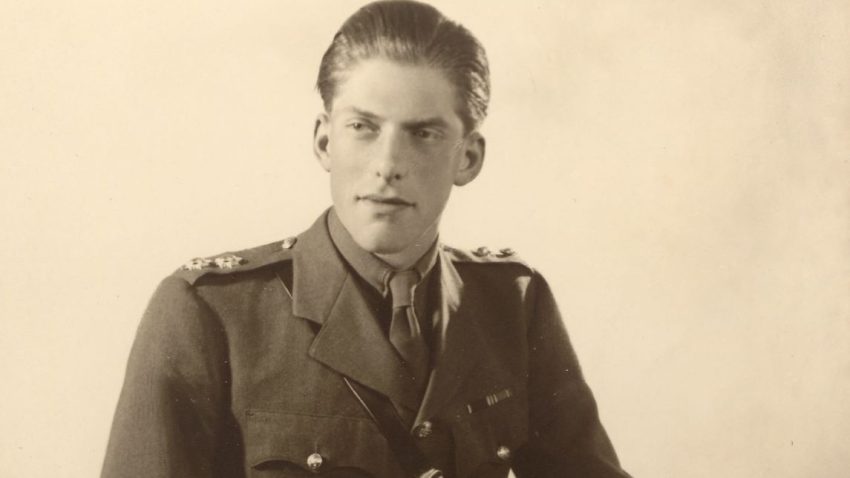
VE Day: A Double Celebration for Harewood
7 May 2020

Harewood Contemporary
31 January 2020
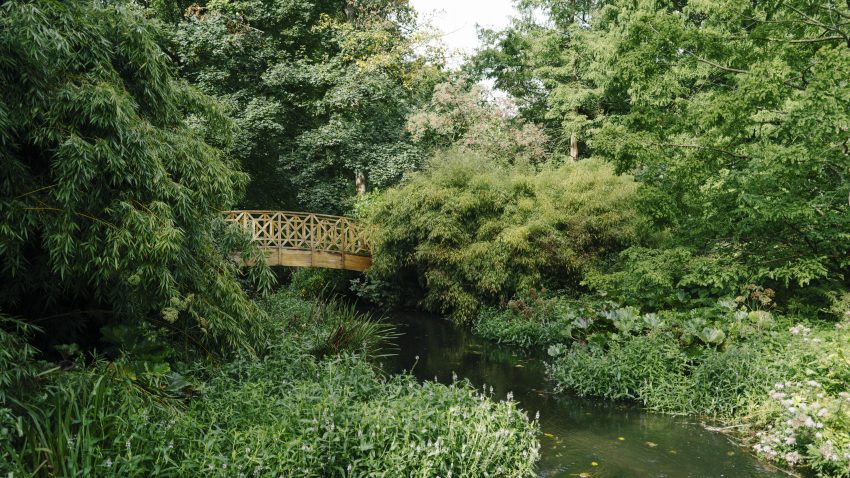
Of Landscape and Literature
11 November 2019

In conversation with the Collections Care team
14 August 2019
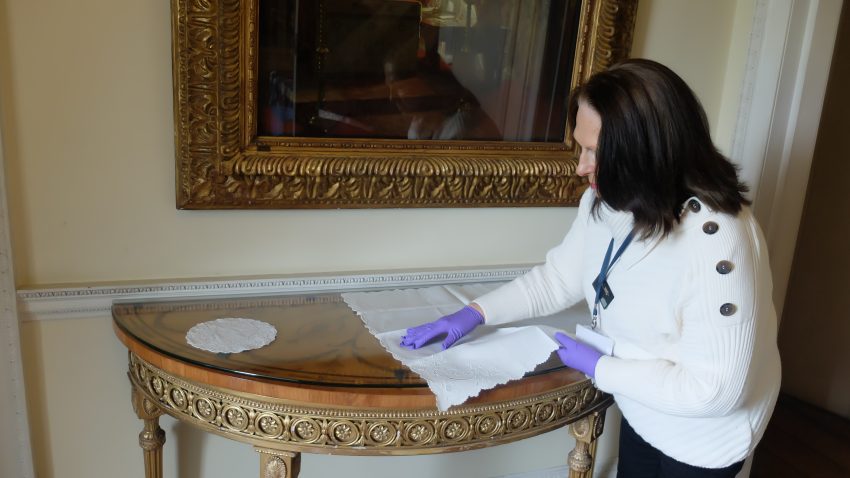
Archiving the collection of linen at Harewood
13 June 2019

Watch Useful/Beautiful: Why Craft Matters series
12 June 2019

Marching on together
1 February 2019

Harewood Biennial 2019: Useful/Beautiful Why Craft Matters
31 January 2019
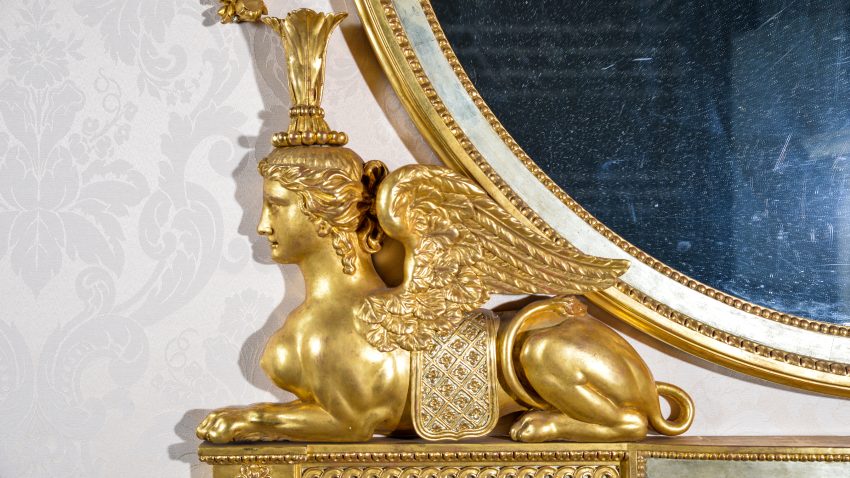
Thomas Chippendale’s Tercentenary
20 December 2018

In conversation with artist Geraldine Pilgrim
11 December 2018
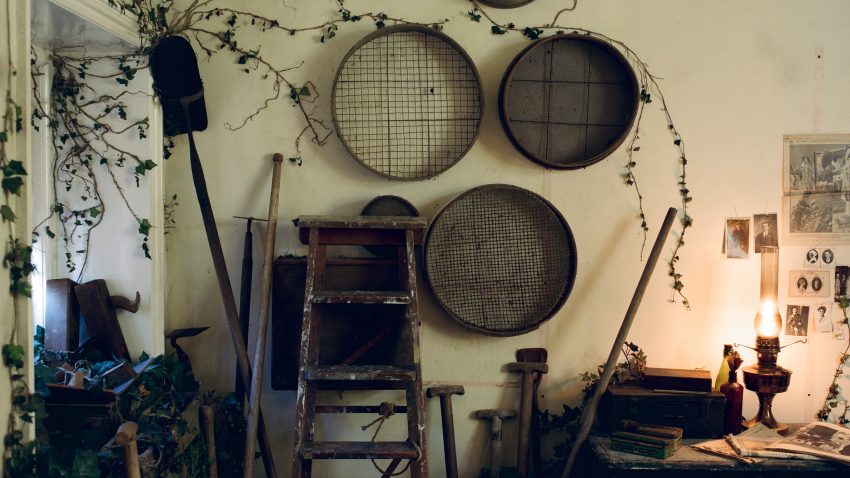
Seeds of Hope
5 September 2018
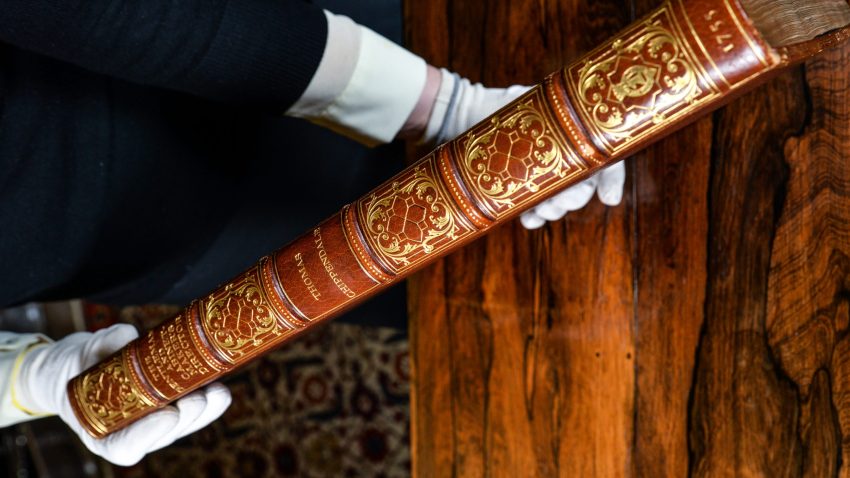
Harewood acquires Thomas Chippendale’s famous Director
24 August 2018
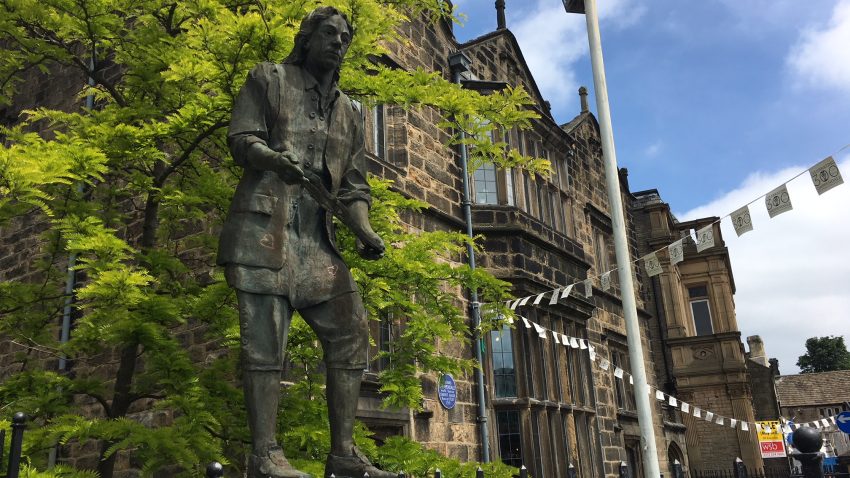
Honouring Thomas Chippendale
19 June 2018

Professor Ann Sumner on Chippendale’s largest commission
5 June 2018

In conversation with Dr Adam Bowett
11 May 2018
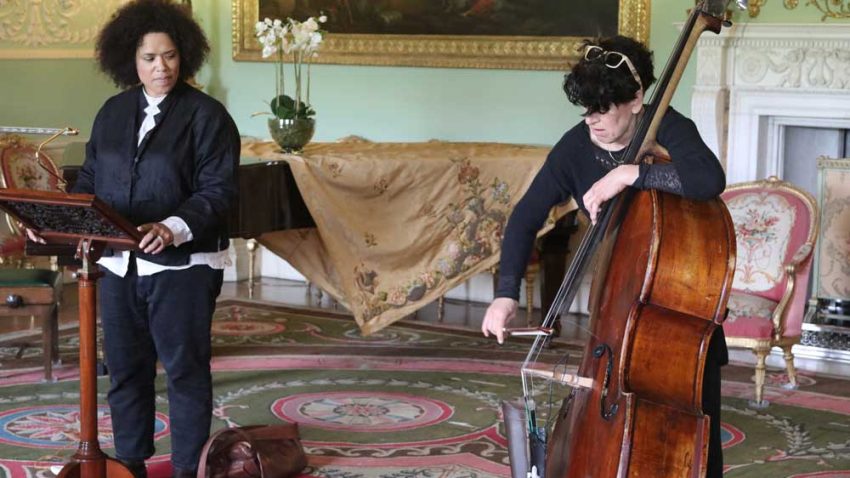
Notes for an Axminster Carpet by Rommi Smith
20 May 2017
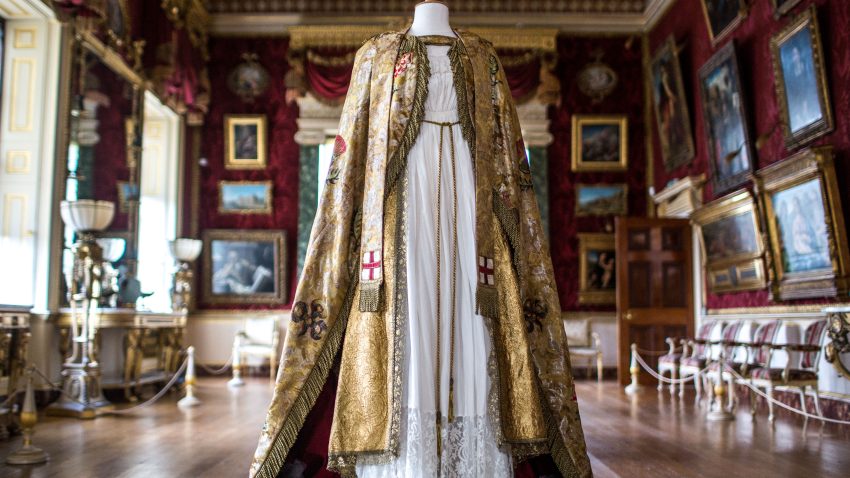
Costumes from ITV’s Victoria on display
1 September 2016

Preparing Harewood for ITV’s Victoria
23 August 2016

Harewood’s Electricity Story
3 August 2016

Harewood on Film: ITV Victoria
3 December 2015
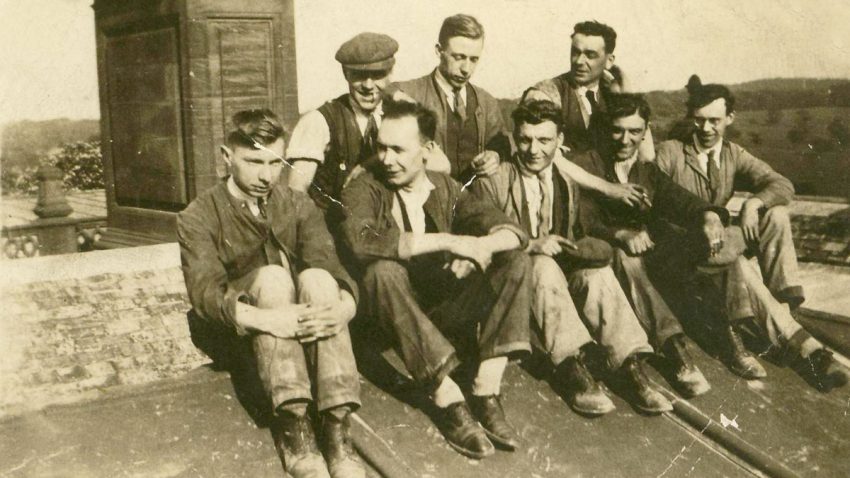
Harewood’s Servants’ Database
25 August 2015
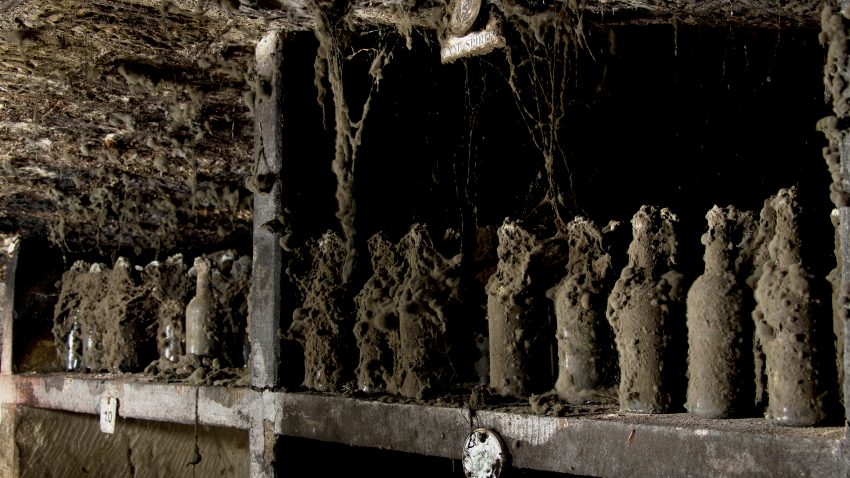
The Harewood Rum Story
29 June 2015
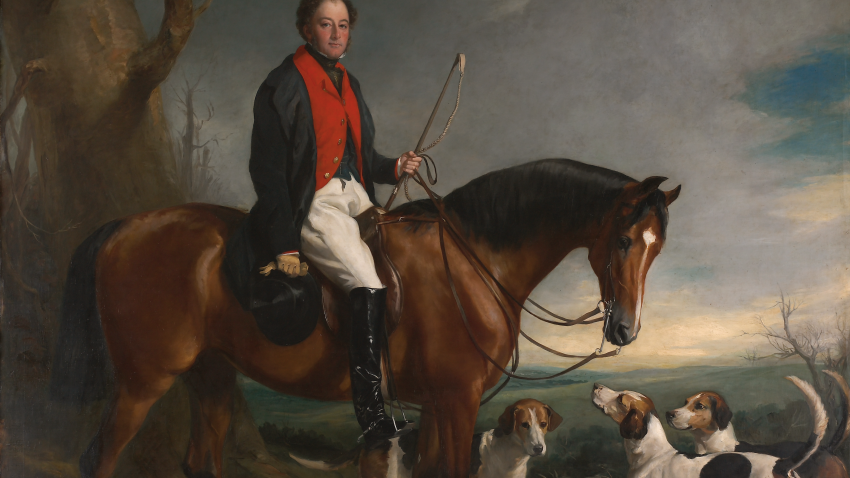
Battle of Waterloo: what are the odds?
18 June 2015
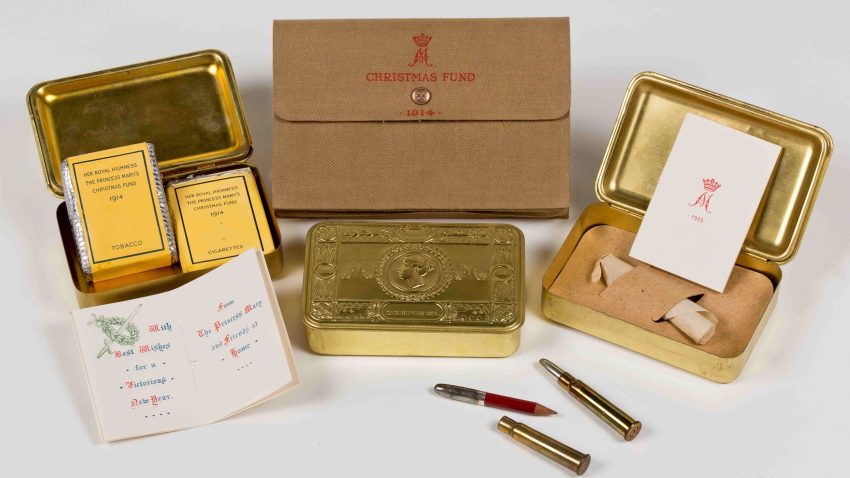
Plans to mark the First World War Centenary
2 September 2014

Tour de France Grand Départ
26 June 2014

Announcing Gormley at Harewood
6 May 2011
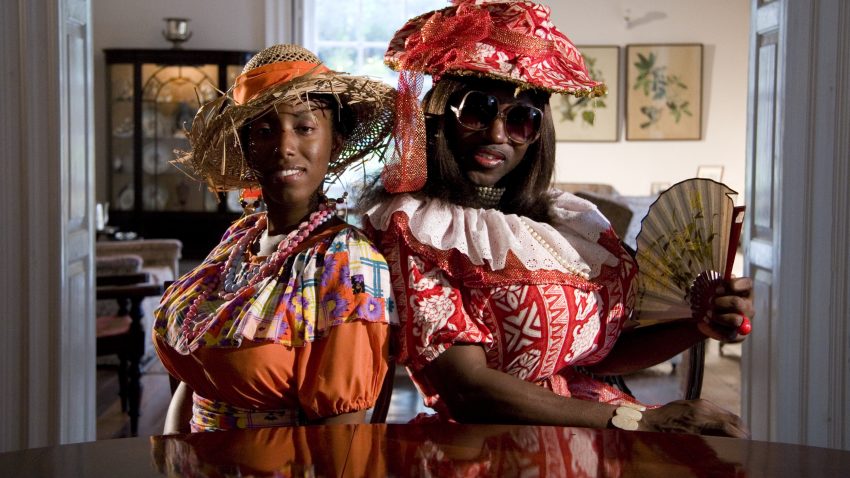
Sonia Boyce: Crop Over
31 December 2007

Carnival Messiah
30 September 2007

Reimagining our Landscape
It’s our mission to protect and enhance Harewood House Trust for the benefit of you, our visitors. So from 2023 – 2033 we’ll be Reimagining our Landscape.
Future of Harewood